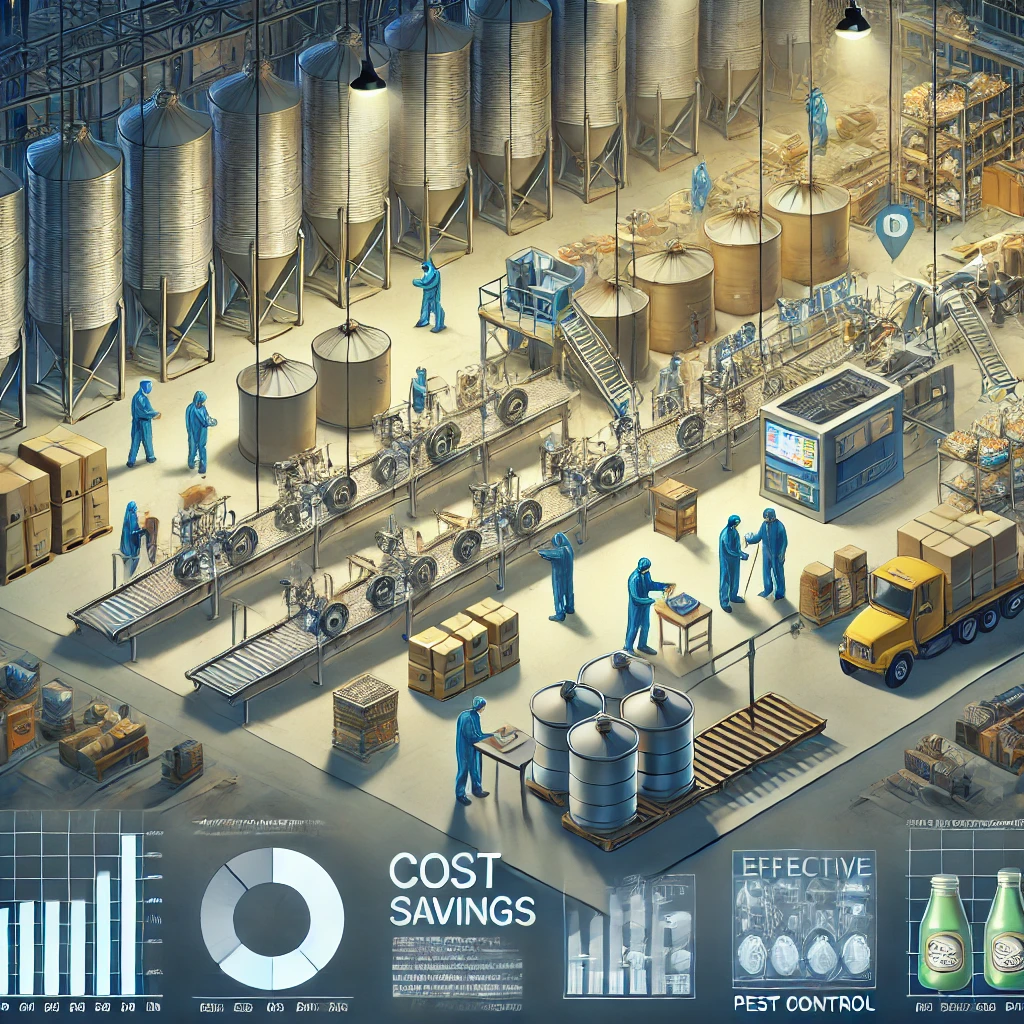Introduction to Economic Impact
Pest control is crucial in the food production industry to safeguard crops and ensure food safety. Effective pest management minimizes economic losses and maintains the quality of food products. This essay explores the economic impact of pest control within the food production sector, considering costs, benefits, and overall economic implications.
Cost of Pest Control
Implementing pest control measures involves various costs, including the purchase of pesticides, biological control agents, and the labor required for application. Initial costs can be high, particularly for advanced technologies and organic options. However, these costs are often offset by the prevention of pest-related damage and crop loss. Accurate cost analysis helps in budgeting and optimizing pest control strategies.
Impact on Crop Yields
Effective pest control significantly enhances crop yields by preventing pest-induced damage. Increased yields translate into higher revenues for producers and stable food supply. Conversely, inadequate pest management can lead to reduced yields and financial losses. Evaluating pest control effectiveness in improving crop yields is essential for understanding its economic benefits.
Quality of Food Products
Pest control also affects the quality of food products. Pests can contaminate food with pathogens or reduce its market value due to visible damage. High-quality food products command better prices in the market. Thus, investing in effective pest control contributes to maintaining food quality and maximizing revenue.
Economic Benefits of Integrated Pest Management (IPM)
Integrated Pest Management (IPM) combines multiple control methods to manage pests effectively while minimizing costs. IPM strategies can reduce reliance on chemical pesticides and lower overall pest control expenses. Additionally, IPM promotes sustainable practices that can lead to long-term economic benefits, such as improved soil health and reduced environmental impact.
Long-Term Economic Sustainability
Investing in effective pest control is crucial for long-term economic sustainability. By preventing pest outbreaks and maintaining high-quality food production, businesses can ensure consistent profits and reduce financial risks. Long-term strategies, such as research and development of new control methods, contribute to ongoing economic stability in the food production industry.
Conclusion
The economic impact of pest control in the food production industry is significant. Effective pest management not only prevents crop losses and maintains food quality but also contributes to long-term economic sustainability.

